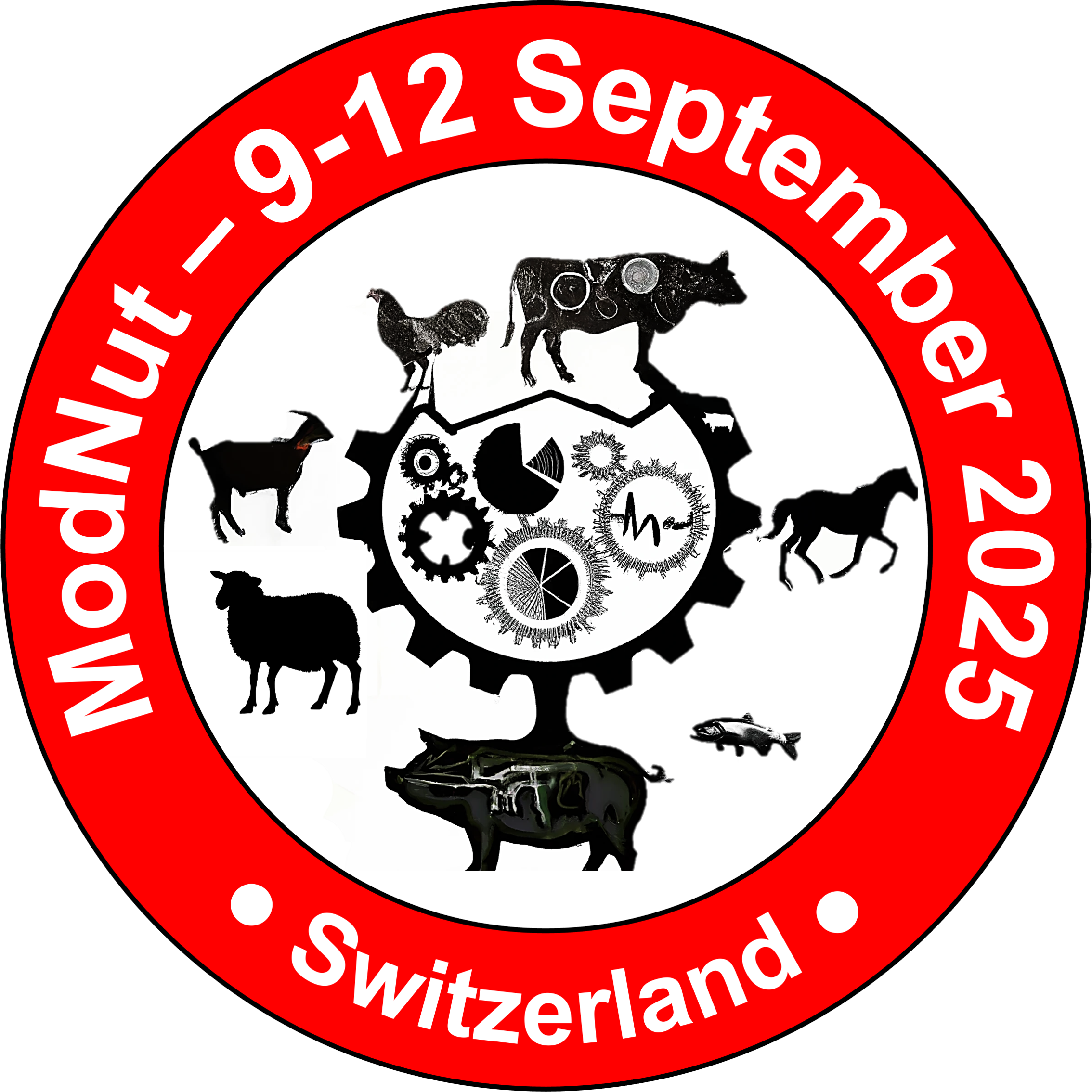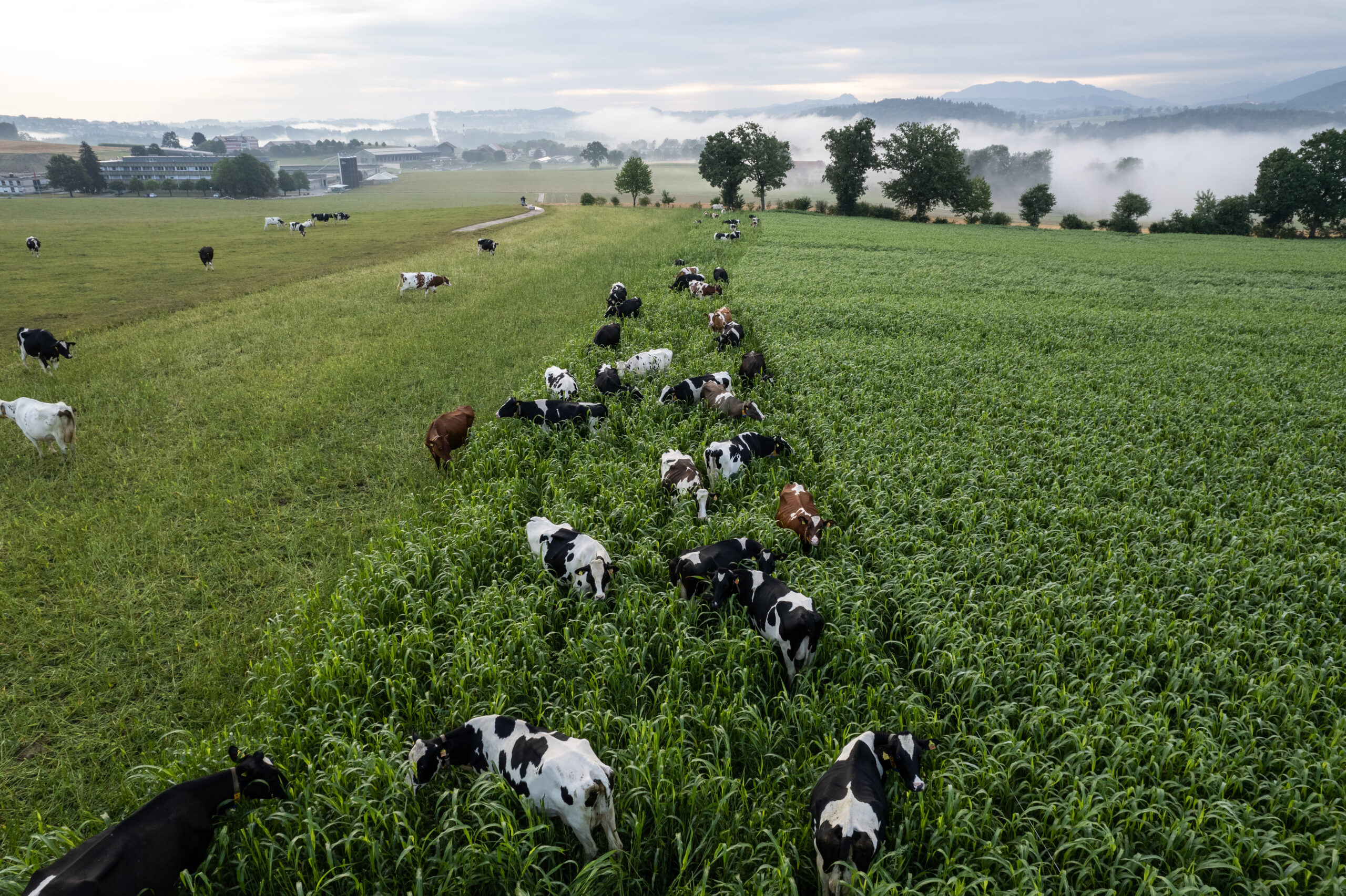Program
The Main Workshop of ModNut 2025 (10 to 12th September) is a 3-days conference, including a cocktail reception (9th September evening), dinner and other social activities. ModNut will be preceeded by a 1-day (9th September) Satellite Workshop focusing on modelling processes and methodology.
Detailed program
The detailed program is now available!
Short program
| Wednesday, 10 September 2025 | ||
|---|---|---|
| 08:00–08:15 | Introductory talk | |
| 08:15–09:00 | Modelling Sustainable Livestock Systems in the Agriculture 4.0 Era: Blending Mechanistic and AI Approaches | Jennifer Ellis |
| 09:00–10:20 | Session: New trends in modelling | |
| Coffee Break | ||
| 10:40–11:25 | Advancing precision livestock farming through automated modelling approaches | Charlotte Gaillard |
| 11:25–12:45 | Session: New trends in modelling | |
| Lunch Break | ||
| 13:45–14:30 | Toward precise digestive and metabolic utilisation in swine and poultry through modelling | Marie-Pierre Létourneau-Montminy |
| 14:30–16:30 | Session: Nutrients, functional biology and feeding systems | |
| Coffee Break – Poster | ||
| 17:30–19:00 | Tribute to James France | |
| Thursday, 11 September 2025 | ||
| 08:00–08:45 | Computer modelling of the transfer of contaminants in food-producing animals | Jorge Numata |
| 08:45–10:05 | Session: Modelling feed toxins and environmental contaminants in farm animals | |
| 10:05–10:45 | Session: Nutrients, functional biology and feeding systems | |
| Coffee Break – Poster | ||
| 11:05–12:25 | Session: Nutrients, functional biology and feeding systems | |
| Lunch Break | ||
| Social activities | ||
| Friday, 12 September 2025 | ||
| 08:00–08:45 | The RuFaS Model and the Power of AI: Optimizing Climate-Smart Dairy Farming | Victor Cabrera |
| 08:45–10:05 | Session: Livestock and environment | |
| Coffee Break – Poster | ||
| 11:00–12:40 | Session: Livestock and environment | |
| Lunch Break | ||
| 13:40–16:20 | Session: Nutrients, functional biology and feeding systems | |
| 16:20–16:30 | Closing | |
Keynote speakers
Opening lecture
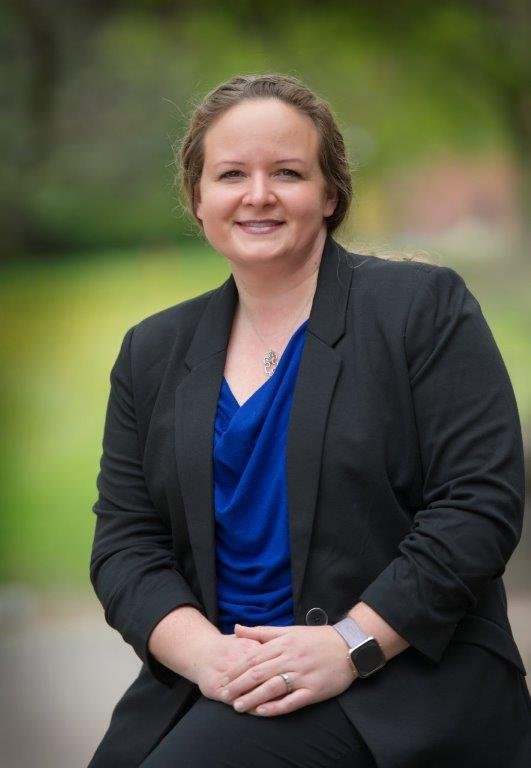
Jennifer Ellis is an Associate Professor at the University of Guelph with a focus on Animal Systems Modelling. Ellis has been at UofG since 2019. Before that, she worked as a modelling research scientist for Trouw Nutrition, and previous to that spent 5 years at Wageningen University in the Netherlands as a Post Doctoral Fellow. Her BSc, MSc and PhD were obtained from the University of Guelph. Her passion area, and the focus of her research lab, is how to use models and digital tools to answer questions and aid in optimizing animal production systems. Her research program spans multiple species, currently including dairy, poultry and equine species, as well as aspects of feed manufacturing, and spans the breadth across mechanistic modelling, machine learning, and of central focus, their hybridization. She was the 2024 recipient of a University of Guelph Research Excellence Award, as the 2022 recipient of an LRIC Early Career Researcher Award.
Session: Livestock and environment
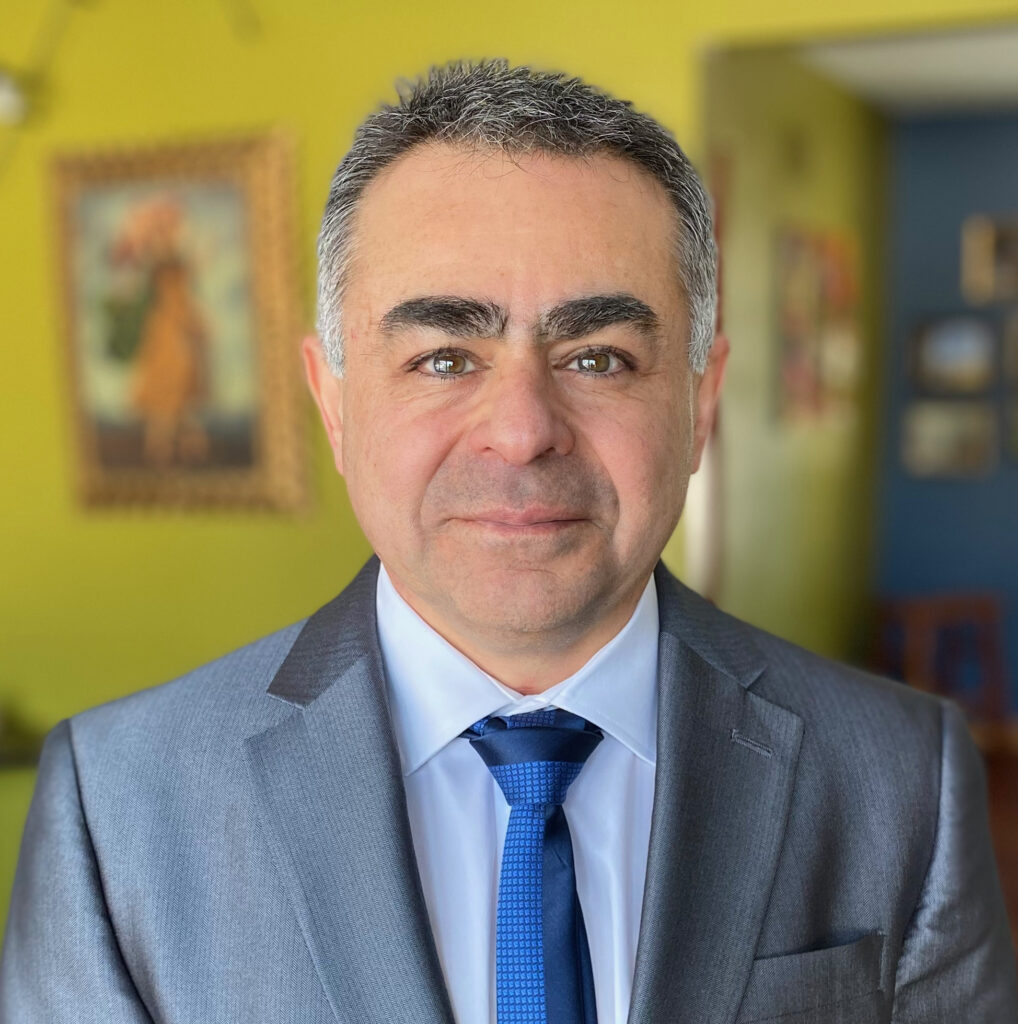
Victor Cabrera is a leading expert in data-driven decision support for dairy farm management, integrating applied research, interdisciplinary approaches, and participatory methods to develop practical, user-friendly tools that enhance farm profitability, environmental stewardship, and long-term sustainability. He leads the Dairy Brain project, a pioneering initiative in data integration and analytics for dairy farming, and actively contributes to the RuFaS project, which advances resilient and climate-smart agricultural systems. Dr. Cabrera and his research team have developed over 50 decision support tools, and his work has had a global impact through research and extension. His contributions have been recognized with numerous prestigious awards.
Session: New trends in modelling
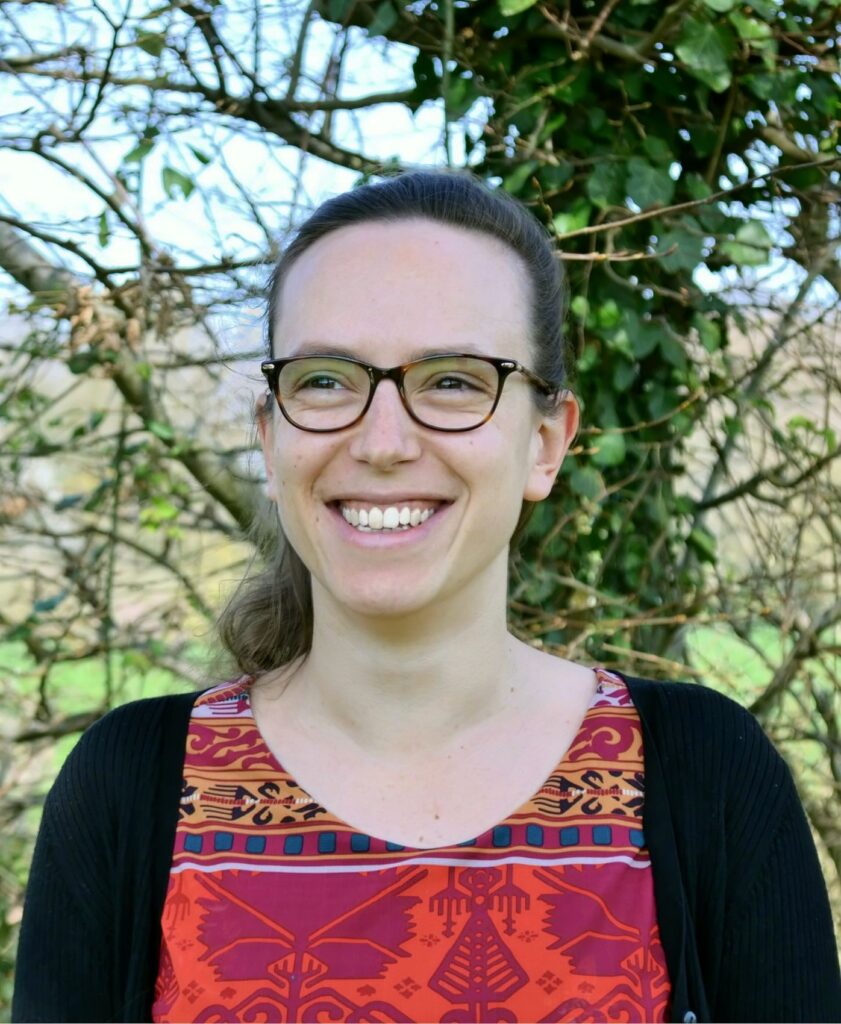
Charlotte Gaillard is a researcher at INRAE, France, specializing in precision feeding and animal welfare for sows and dairy cows. She holds a PhD in dairy nutrition from Aarhus University, Denmark, and an HDR in precision livestock farming from Rennes University, France. Her research combines behavioral data and machine learning to optimize feeding strategies and improve welfare. She has coordinated several national projects and received the 2023 EAAP Young Scientist Award. With 39 peer-reviewed publications, she is actively involved in scientific committees and editorial boards, contributing to advancements in precision livestock farming.
Session: Nutrient intake, digestion, utilisation, and metabolism
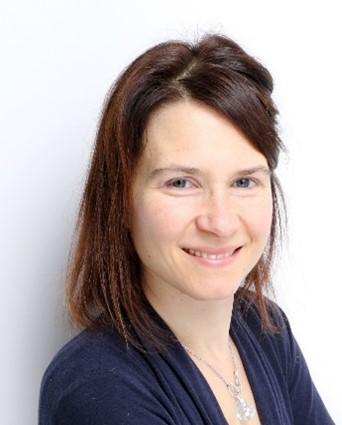
Marie-Pierre Létourneau Montminy is professor at Laval University. She obtained a doctorate from AgroParisTech and Laval University. She then set up a research chair with several partners on Alternative feeding strategies for pigs and poultry in a context of sustainable development at Laval University, where she now holds a position as full professor. Her main research objective is the production of sustainable animal proteins, in particular the optimisation of phosphorus and nitrogen use in pigs and chickens. This is done through animal trials, meta-analyses and modelling to help formulate healthier, lower-cost, high-environmental-performance feed. Since 2020, it has held a Canada Research Chair in Sustainable Animal Protein Production.
Session: Modelling feed toxins and environmental contaminants in farm animals

Jorge Numata has a background in chemical engineering, bioinformatics and theoretical chemistry. He is a senior scientist at the German Federal Institute for Risk Assessment (BfR) in Berlin. He has a 15-year publication track record on mathematical models for human health risk assessment, specializing in toxicokinetic models for the transfer of chemical and biochemical contaminants in farm animals. Such simulations are based on intersecting combinations of models for nutrition, growth and physiology, and for the absorption, distribution, metabolism and excretion of contaminants. Jorge Numata leads modeling projects on the toxicokinetics of farm animals at BfR and also leads the EU Member States PFAS Initiative to share knowledge on this important class of substances among risk assessment institutions in Europe.
